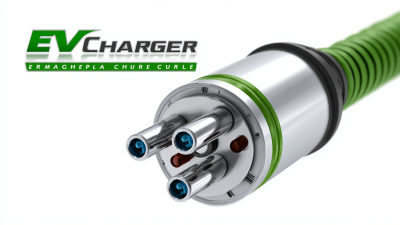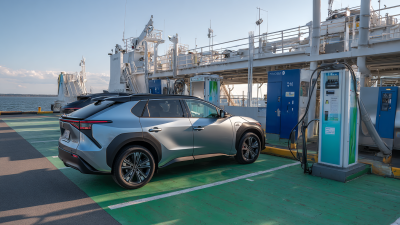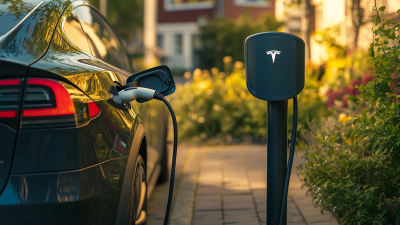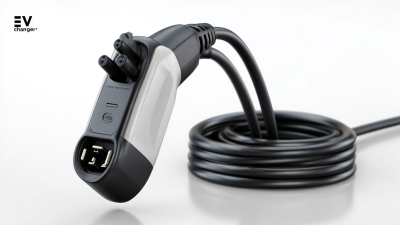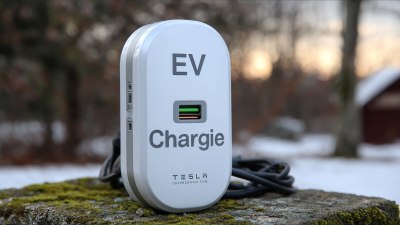As electric vehicles (EVs) continue to gain popularity, understanding the intricacies of charging technology becomes increasingly essential for EV owners. One of the key elements in achieving optimal charging efficiency is the choice of the right EV Charger Plug. In 2023, with the evolution of charging standards and the introduction of various plug types, selecting the most suitable EV Charger Plug can significantly impact the speed and effectiveness of your vehicle's charging process.
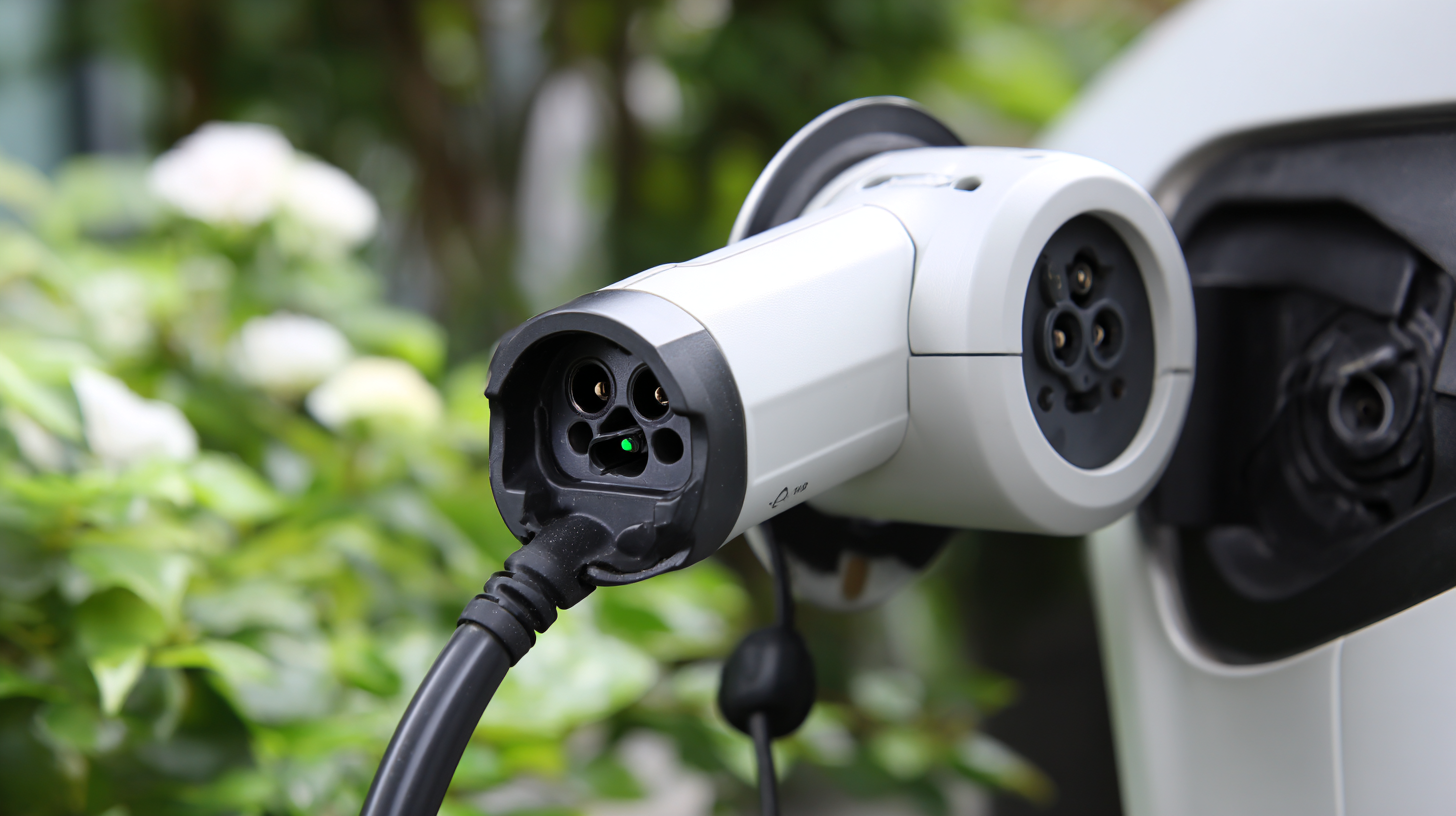
This guide aims to demystify the options available, highlighting the compatibility, charging speeds, and unique features of different plugs, ensuring that you make an informed decision that maximizes your EV’s performance and convenience. Whether you are a new EV owner or looking to upgrade your charging setup, understanding these factors will help you enhance your electric driving experience in a rapidly changing landscape.
When selecting the right EV charger plug in 2023, it's essential to understand the various types available. Currently, the most common plugs include Type 1 and Type 2, and the CCS and CHAdeMO systems for fast charging. Type 1 is predominantly used in North America and Japan, while Type 2 has become the standard in Europe, making it vital to consider your location and vehicle compatibility.
Tips for choosing the right charger plug include assessing the wattage you'll need based on your vehicle's battery size and your daily driving habits. Opt for a charger that supports fast charging if you have a busy lifestyle and require quick top-ups. Additionally, ensure the length of your charging cable accommodates your parking layout, and look for chargers equipped with smart technology features to maximize efficiency.
Another important consideration is the compatibility with your electric vehicle's charging port. Always check your vehicle’s specifications before investing in a charger. Choosing a universal plug option might offer added flexibility, allowing you to switch between different charging stations as needed. By understanding the types of EV charger plugs available, you can make an informed decision for optimal charging efficiency.
When selecting an electric vehicle (EV) charger plug, understanding key factors is crucial for maximizing charging efficiency. One of the most significant considerations is the charging speed, which depends on the type of plug you choose. Level 1 chargers, typically using a standard household outlet, provide a slower charging rate, while Level 2 chargers provide faster, more efficient charging through dedicated EV infrastructure. For those looking to recharge quickly, opting for a Level 2 charger with a compatible plug is essential, as it significantly reduces downtime.
Another vital factor is the compatibility between the charger and your EV model. Different car manufacturers may have specific requirements for charging plugs, such as Type 1 or Type 2 connectors. Ensure that the charger you choose aligns with your vehicle’s specifications to avoid any inefficiencies. Additionally, consider future-proofing your investment by opting for chargers that support various standards, as this will not only enhance charging efficiency but also provide flexibility for any future EV models you may own. High-quality plugs and connectors that are built to withstand varying weather conditions also contribute to reliable performance and longevity.
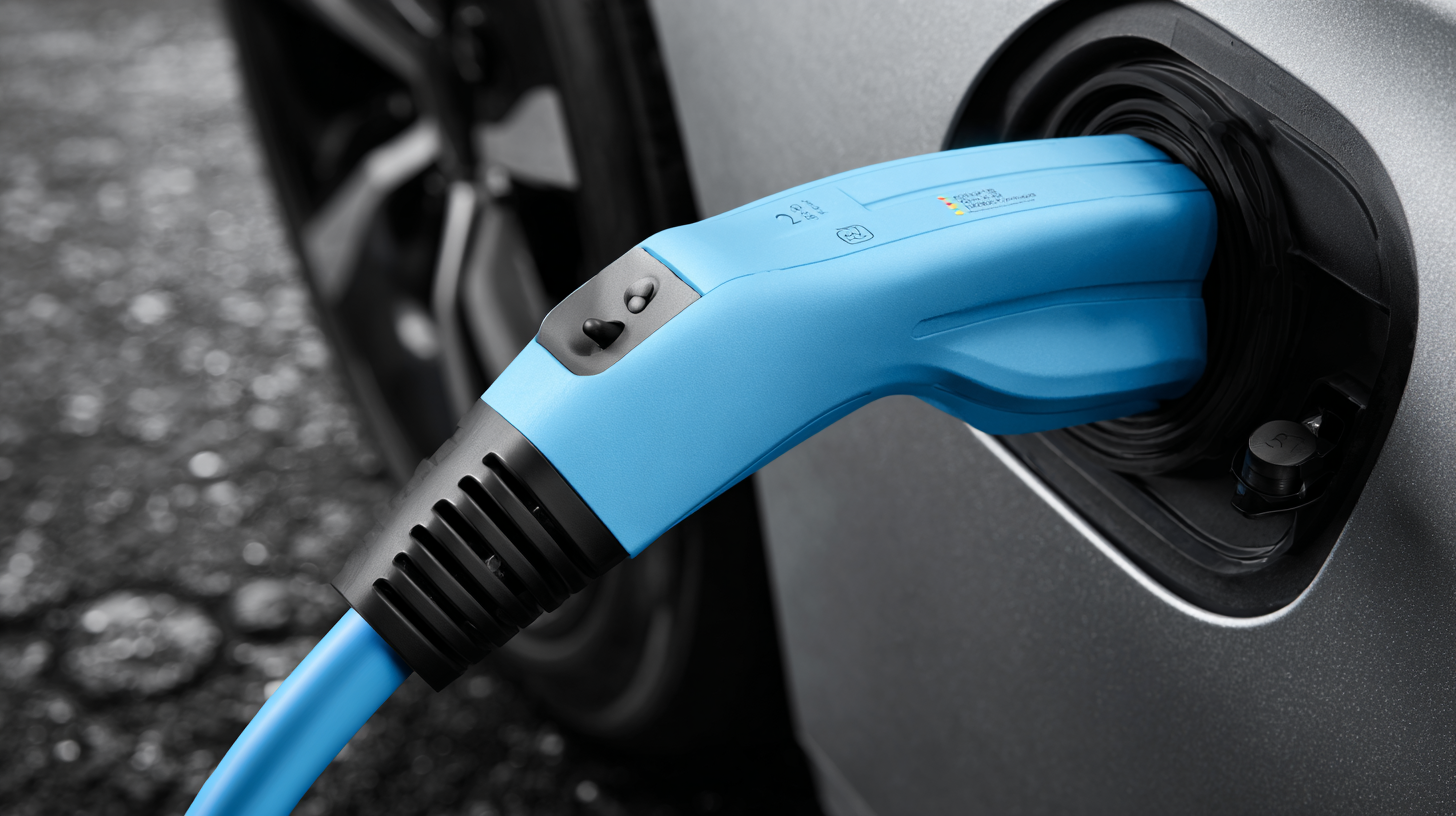
Choosing the right EV charger plug type is essential for optimizing your electric vehicle's charging efficiency. With several EV models available, understanding the compatibility between your vehicle and charger is crucial. Most EVs use either Type 1 or Type 2 plugs, depending on the region and manufacturer. For example, American models predominantly feature Type 1 connectors, while many European vehicles come equipped with Type 2. It's vital to consult your vehicle’s specifications to determine the correct plug type and ensure a seamless charging experience.
Additionally, charging speeds can vary significantly based on the plug type and charger level. Level 1 chargers, typically equipped with standard household plugs, provide a slower charge suited for overnight use, while Level 2 chargers deliver faster charging capabilities through specialized connectors. For those with long commutes or frequent road trips, investing in a Level 2 charger that matches your EV’s plug type will maximize efficiency and minimize downtime.
Always remember to check the maximum power your EV can absorb to avoid purchasing a charger that exceeds your vehicle’s capability, ensuring safety and optimal performance.
When it comes to electric vehicle (EV) charging, optimizing your charging experience is crucial for getting the most out of your vehicle's battery. Charging speed can vary dramatically based on numerous factors, including the type of charger used, the vehicle’s compatibility, and the current state of your battery. According to a report by the International Energy Agency (IEA), fast chargers can significantly reduce charging time; for instance, DC fast chargers can provide up to 80% charge in just 30 minutes, compared to Level 2 chargers that might take several hours for the same charge.
Tips for Maximum Charging Efficiency:
By paying attention to these strategies, you can maximize your charging efficiency and improve your overall EV ownership experience.
As electric vehicles (EVs) continue to grow in popularity, selecting the right EV charger becomes paramount for ensuring maximum charging efficiency. In 2023, future-proofing your EV charger means keeping an eye on emerging trends that impact performance and compatibility. One significant trend is the shift towards universal charging standards. Adopting a charger that is widely compatible with various EV models will not only streamline your charging experience but also protect your investment in case of future vehicle upgrades.
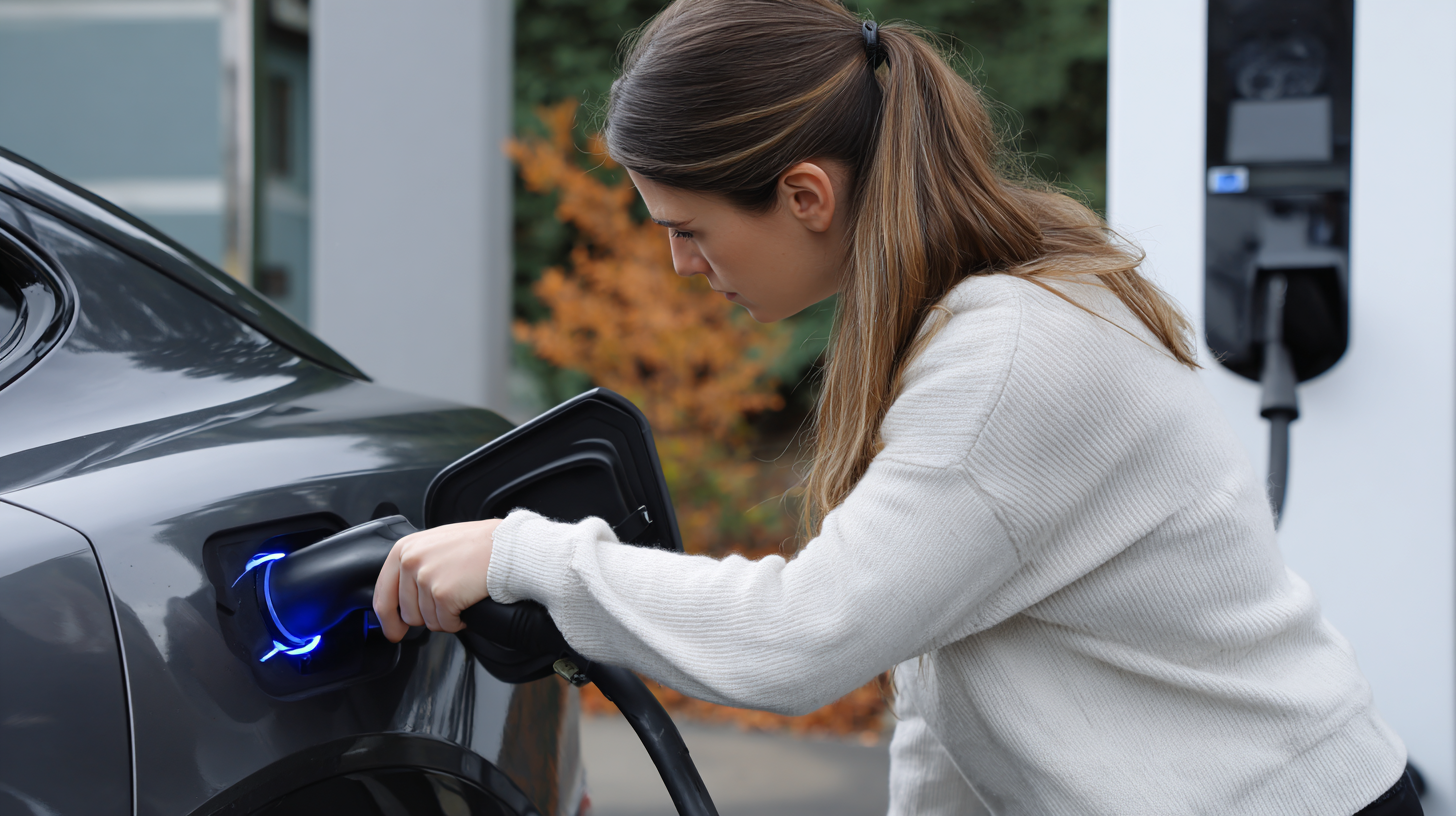
When choosing an EV charger, consider optimizing for smart capabilities. Many new chargers come equipped with Wi-Fi connectivity, allowing for remote monitoring and scheduling of charge times. This flexibility can lead to lower electricity costs by charging when rates are lower. Additionally, look for chargers that support over-the-air updates, ensuring your device will keep pace with technological advancements as they emerge.
Another key trend is the focus on sustainable energy sources. As more chargers integrate solar power options, selecting one that can utilize renewable energy can enhance energy efficiency and reduce carbon footprints. Keep an eye out for chargers that can connect with your home solar system, providing a sustainable and cost-effective charging solution for years to come.
